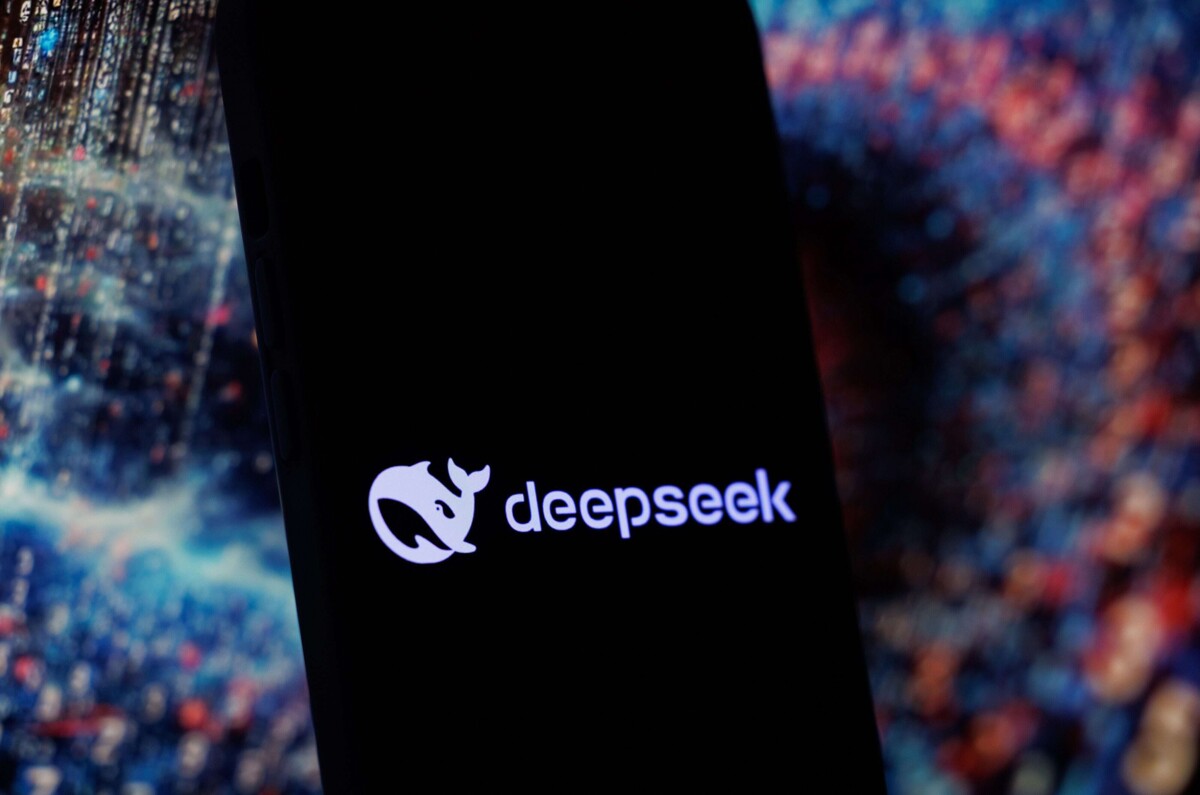
Last week, DeepSeek burst onto the scene as a new and powerful player in the field of artificial intelligence, triggering both astonishment and concern within the technological and financial community. What began as a low-key launch from China quickly turned into a whirlwind that impacted everything from social media to financial markets and AI labs around the world.
Sam Altman from OpenAI noted that AI has become a global endeavor and called for calm, although the rapid and forceful arrival of DeepSeek took many by surprise. Companies on the New York Stock Exchange closed their doors to DeepSeek for their employees, acknowledging its quality but warning of obstacles to overcome, especially its lack of an enterprise version.
DeepSeek's AI model, DeepSeek-R1, captured the attention of experts and enthusiasts in no time, generating intense debate in the tech industry. While optimists see DeepSeek as a milestone for the democratization of AI, skeptics question whether it could be a Trojan horse. The sudden popularity of DeepSeek led to comparisons and memes on the internet, highlighting its impact compared to other existing models.
The emergence of DeepSeek caused a shakeup in key companies within the artificial intelligence sector, with repercussions in the financial market and in the strategies of companies like Nvidia, Microsoft, and Google. The possibility of a model like DeepSeek delivering exceptional performance at a reduced cost poses challenges in terms of competition, security, and data privacy.
The arrival of DeepSeek not only represents a significant technical advancement but also raises crucial questions about the future of AI, the business models of large tech companies, and information security. With its open-source approach and ability to compete with established models at a lower cost, DeepSeek has quickly become a symbol of the potential and challenges of AI in a highly competitive global landscape.














